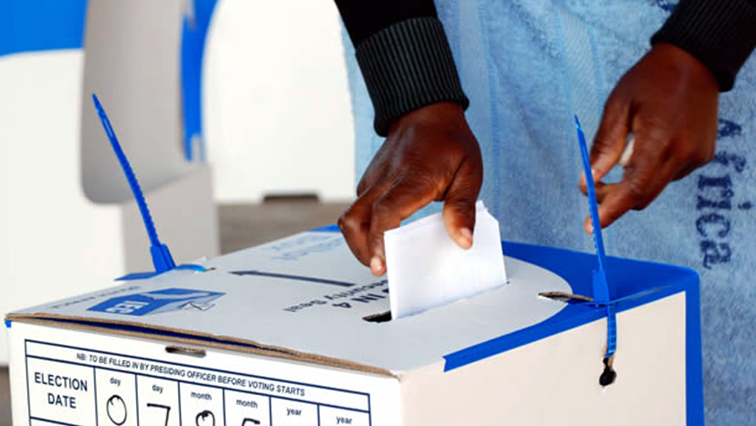Dissatisfaction amongst voters is at 57 % in South Africa’s democracy. This was revealed at the Electoral Commission’s research seminar on Wednesday, which discussed findings of a survey study conducted among voters, to gauge their perceptions and intentions ahead of the 2024 general elections.
Research laying the foundation on whether voters will turn up to the 2024 polls does not look promising according to dissatisfaction results. Figures show that 57 percent of South Africans have expressed discontent with democracy, compared to 28 percent who are satisfied which is the most negative position to date.
“The latest figures, as of a couple of months ago from our field work, show that 57 % are dissatisfied with the function of democracy and only 28 % are satisfied. So, on this particular indicator in terms of understanding the pre-electoral mood we are finding that this is the most negative position in terms of overall democratic evaluations we’ve seen ahead of an election to date,” says the HSRC’s Dr Ben Roberts.
The Human Sciences Research Council (HSRC) adds that the youth distrust in the core political institutions is the highest in Gauteng and KwaZulu-Natal (KZN). For example, the distrust in the national government sat at 83 % in KZN and 80 % in Gauteng.
“There are three main reasons why our youth does not intend to vote and the most cited is party performance, this is 73 % of our youth, they say poor government performance, a lack of change, poor government performance in service delivery etc. And then there is a factor of disillusionment, it makes no difference, that’s what they say,” says the HSRC’s Samela Mtyingizane.
In addition, even in a changing political landscape and electoral system, the participation of independents in next year’s elections and the prevalent trend of coalition governments are unlikely to get South Africans to vote, according to the survey. Even with all the adverse findings, researchers say there are silver linings.
“There are two silver linings here, the first is that there is a persistent belief in the importance of voting amongst many youth in our country and a sizeable minority still believe it is the duty for us to vote,” Mtyingizane added.
South Africa will head to the polls on a date yet to be declared in 2024.
A number of recommendations to woo voters and the youth to the polls are outside the mandate of the Electoral Commission. These include creating jobs, improving service delivery and curbing corruption.
However, the survey reveals there is much the IEC can do including making voting stations accessible, providing more education and awareness and ensuring free and fair elections.
Video: Gauging voter perceptions – Bongani Mahlangu

